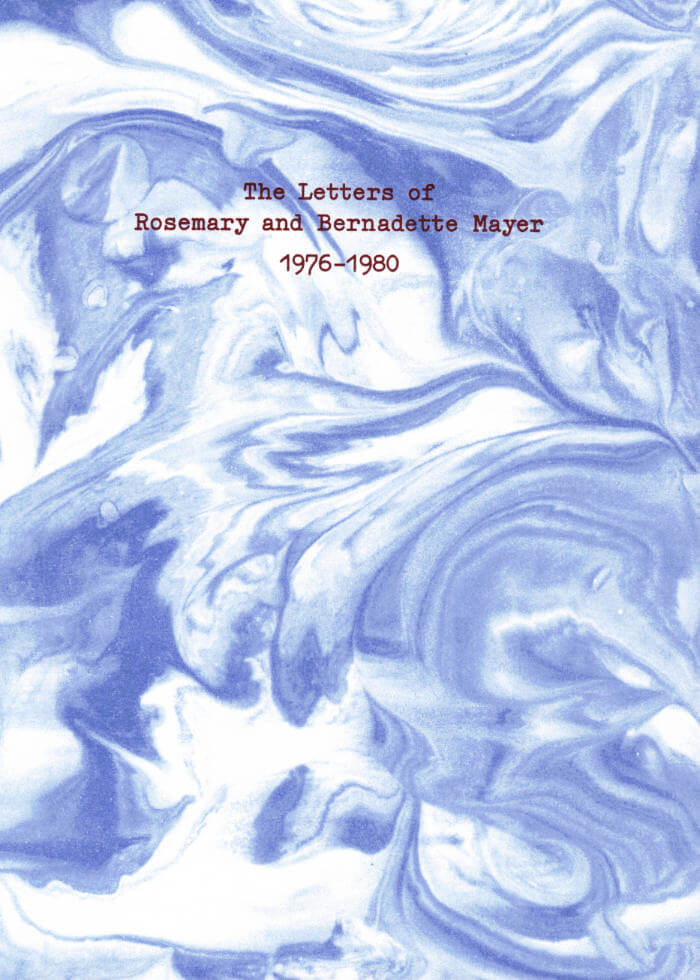
A Faggot is a Unit
This publication brings together two original screenplays for yet-realized video works by Robinson along with a collection of research material presented as a retrograde calendar. The screenplays, / Imagine Prompt: Catfish Monogamy and The Jealousy of Sagittarius A*, both deal with contemporary life and creative labor as they intersect with digital culture and current anxieties regarding AI. In addition, the screenplays are followed by A Faggot is a Unit (Homage to Hanne Darboven), a collection of archival photographs, scanned objects and ephemera, as well as stock imagery and graphics from the internet collected by Robinson over the course of seven years (2015–2021). The imagery further splits the disorienting narratives presented in the two screenplays to offer a kaleidoscopic and unpredictable way of reading stories while functioning simultaneously as visual companion and counterpoint to the scripts.
Writing and editing is central to Robinson’s published and film work, inquiring into queer histories and the contemporary economy of the image, not as novelty subjects in themselves, but as forms of knowledge integral to questioning histories of perceived liberation. We are committed to representing diverse voices and perspectives that challenge and build upon our vision of bringing material from the fast-paced digital experience to the book form.
Padraig Robinson is a Berlin-based artist, filmmaker and writer.




